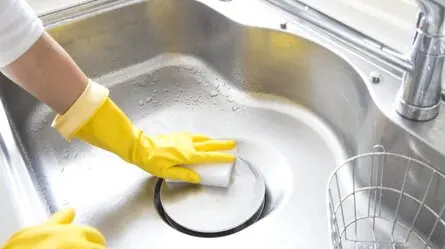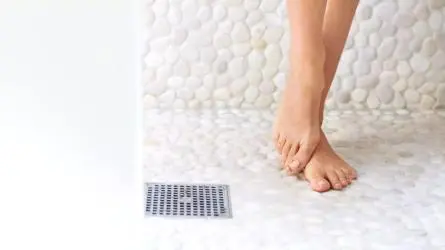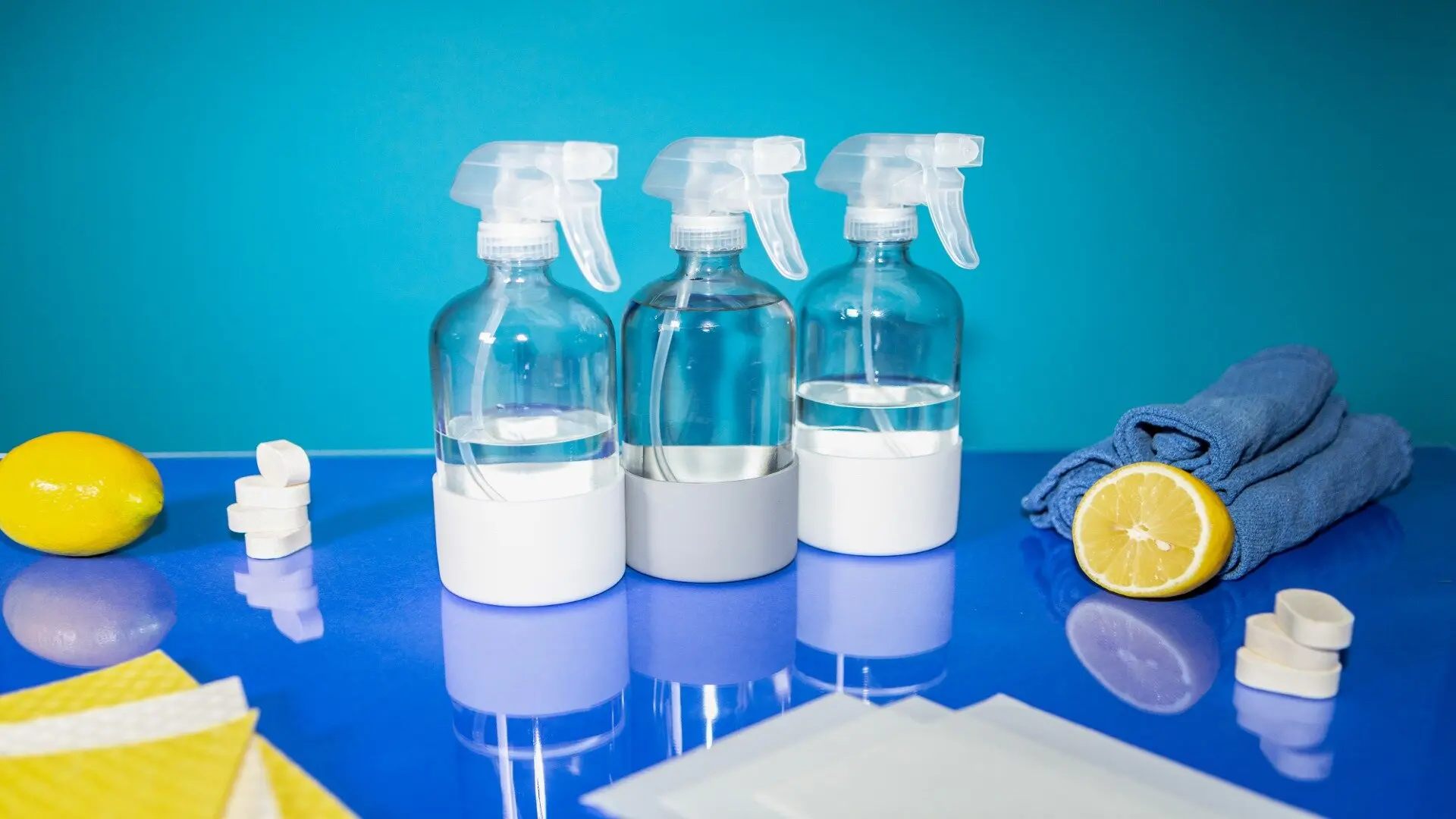
Keeping your drainage systems in good shape is crucial, whether you’re a homeowner or running a business. But using harsh chemicals to clear out clogged drains can lead to water pollution and damage your pipes over time. In this article, we’ll look at safer, more sustainable cleaning options that are kinder to both your plumbing and the environment.
Inside, you’ll find information on natural cleaners that provide clear flows without risking health or the environment. Tips for routine maintenance and issue prevention are also covered, helping avoid expensive repairs.
We’ll go over easy changes you can adopt and habits to develop for naturally enhanced drainage systems. By making small adjustments, you can not only improve your plumbing but also contribute positively to your community and property.
By learning the tested techniques documented here, you can care for drains efficiently while being eco-conscious. Best practices shared also address regulations and safety. This empowers readers to make informed choices to protect home systems and waterways long-term. Let’s begin by considering an earth-friendly drainage approach’s cost and environmental advantages!
Benefits of Eco-Friendly Drain Cleaning
Choosing natural drain cleaners has several benefits compared to harsh chemical alternatives. Eco-friendly options are not only affordable but also highly effective at clearing blockages when you combine them with regular maintenance habits. Plus, they’re safer, as natural ingredients reduce exposure to harmful fumes.
Sustainable cleaners also help protect plumbing systems in the long term. Strong acids and bases in conventional brands can corrode metal components over multiple uses, leading to costly repairs down the line. However, gentler formulas containing enzymes and oxygenating agents break down clogs safely without damaging delicate drain pipes and seals.
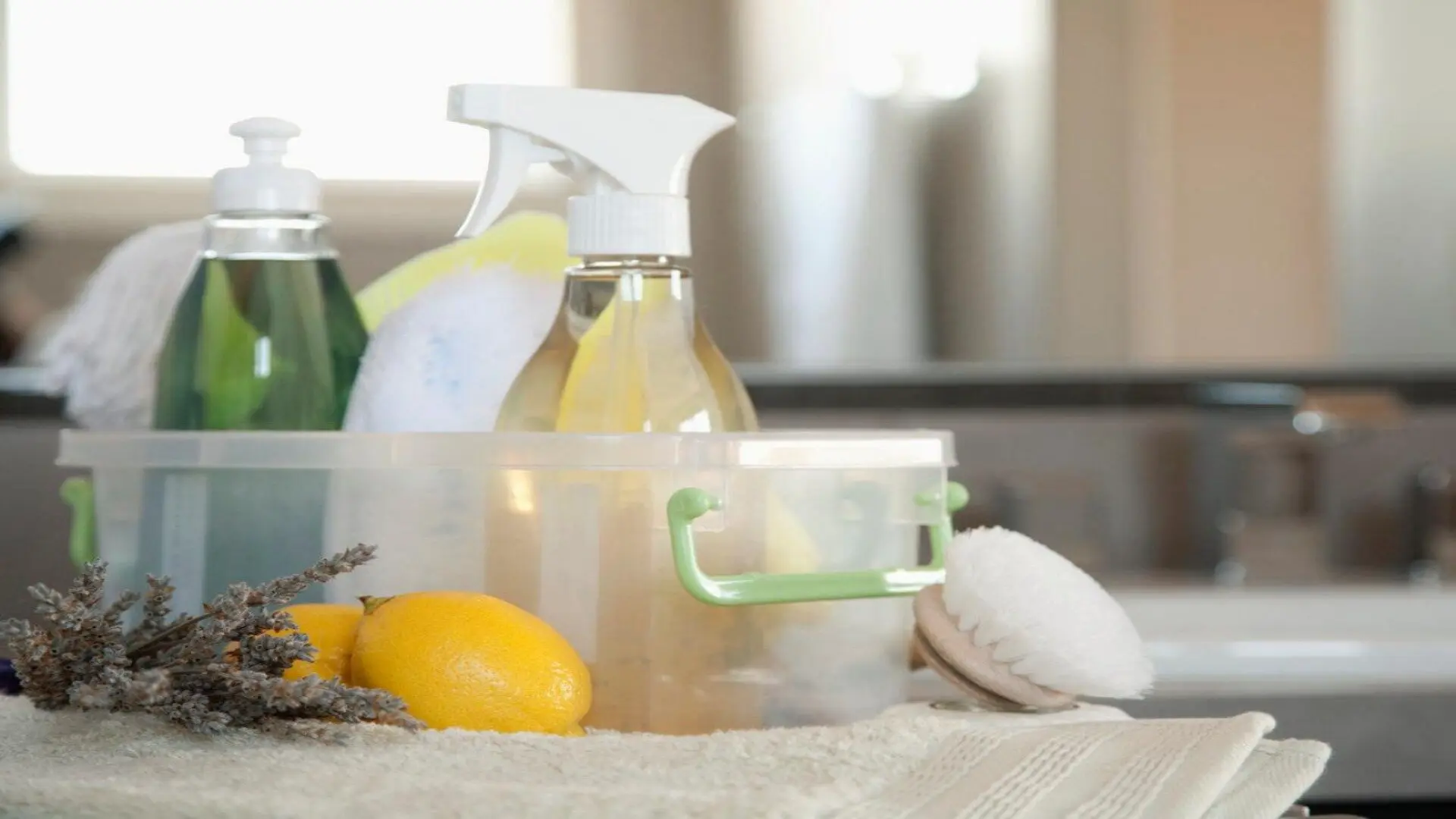
Importantly, opting for eco-friendly cleaners instead of chemical ones reduces environmental impact. Toxic fluids from chemical cleaners can end up in waterways, posing a threat to aquatic life if not properly treated. Natural cleaners, on the other hand, mostly biodegrade, significantly lowering pollution risks for local water sources.
Statistics show green cleaners eliminate over 90% of blockages within an hour, similar to harsher store brands. With preventative habits like regular snaking, that rate improves further. Ultimately, eco-options deliver clear flows just as effectively while respecting user, property and planetary wellness now and long into the future.
DIY Eco-Friendly Drain Cleaners
Baking Soda and vinegar Drain Cleaner
1/2 cup baking soda followed by 1/2 cup white vinegar. Let it bubble, then flush with boiling water. The chemical reaction breaks down grime. This simple homemade blend utilises essential pantry items to cut through grease and residue naturally.
Lemon Juice & Salt
1/4 cup lemon juice and 1/4 cup salt poured into the drain. Let sit 30 minutes before rinsing with water. The acidity from lemon cuts grease, while salt acts as an abrasive. Its citrus freshness emulsifies fats and mineral deposits for easy flow restoration.
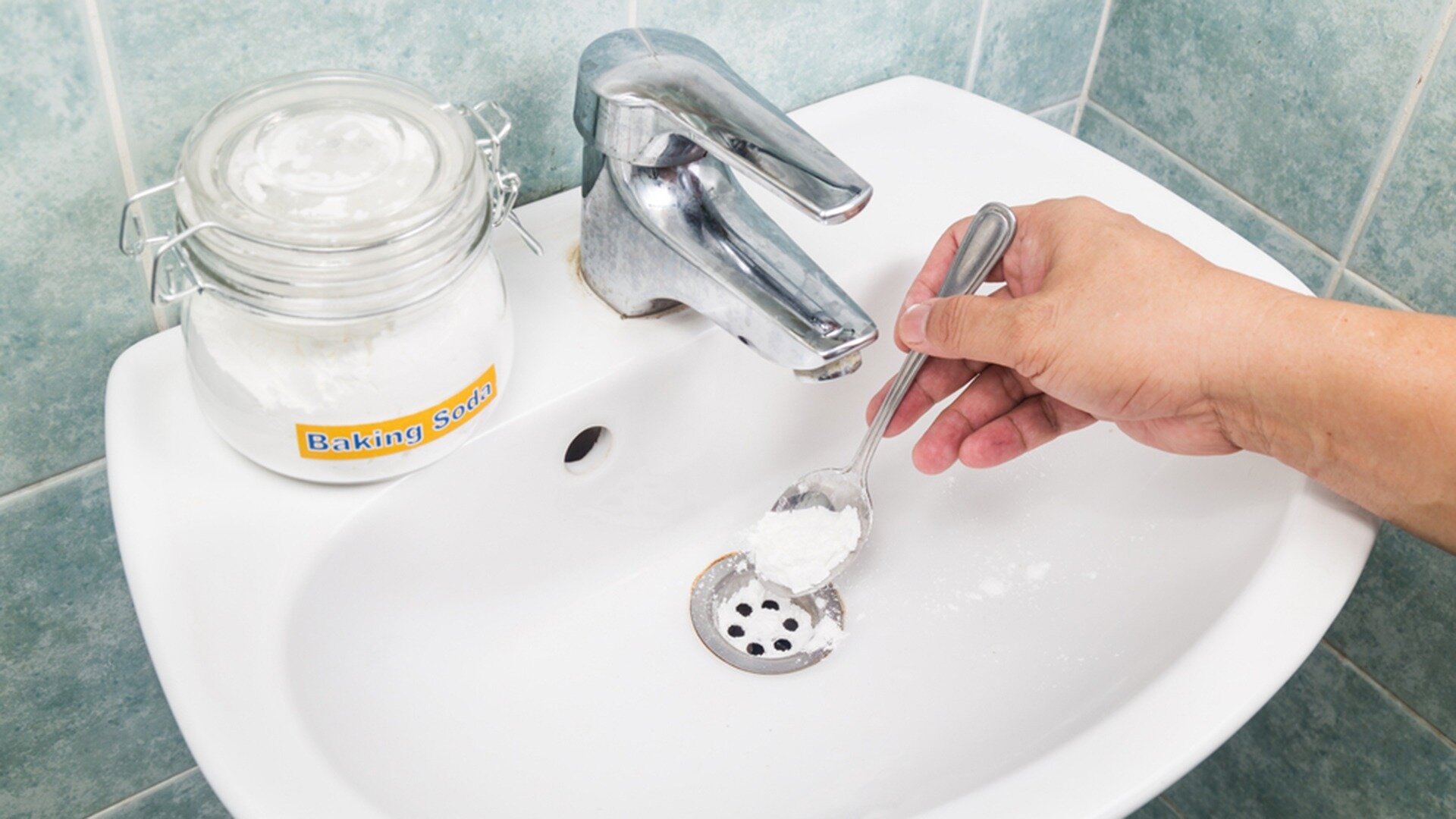
Hot Water Drain Cleanser
Fill the sink or tub with hot water from a recently boiled kettle. The heat alone may dissolve minor blockages before pouring the water down the drain. Gentle yet effective, this method requires a pot of steaming H2O for occasional drain maintenance.
Essential Oils
Fifteen drops of lemon, tea tree and eucalyptus essential oils mixed with 1 cup of baking soda. Sprinkle into drains monthly. Natural oils and soda deodorise pipes effectively without pungent fumes.
Enzyme Drain Cleaner
Purchase a drain enzyme cleanser at hardware stores. It contains bacteria that break down organic clogs without chemicals over daily use. Enzymes are a passive bioremediation approach respected by health and environmental authorities.
Comparing Eco-Friendly vs. Chemical Solutions
Drain cleaners can have a big impact on your pipes, personal safety, and the environment over time. Understanding the active ingredients helps you make informed decisions, ensuring clear pipes while considering overall well-being.
Potent chemical formulas are fast-acting but may degrade plumbing components more quickly with each exposure. Health risks also arise from hazardous vapour inhalation and splashes on the skin. At the same time, greener cleaners demonstrate rates of blockage removal on par with harsher brands when regularly implementing standard care habits.
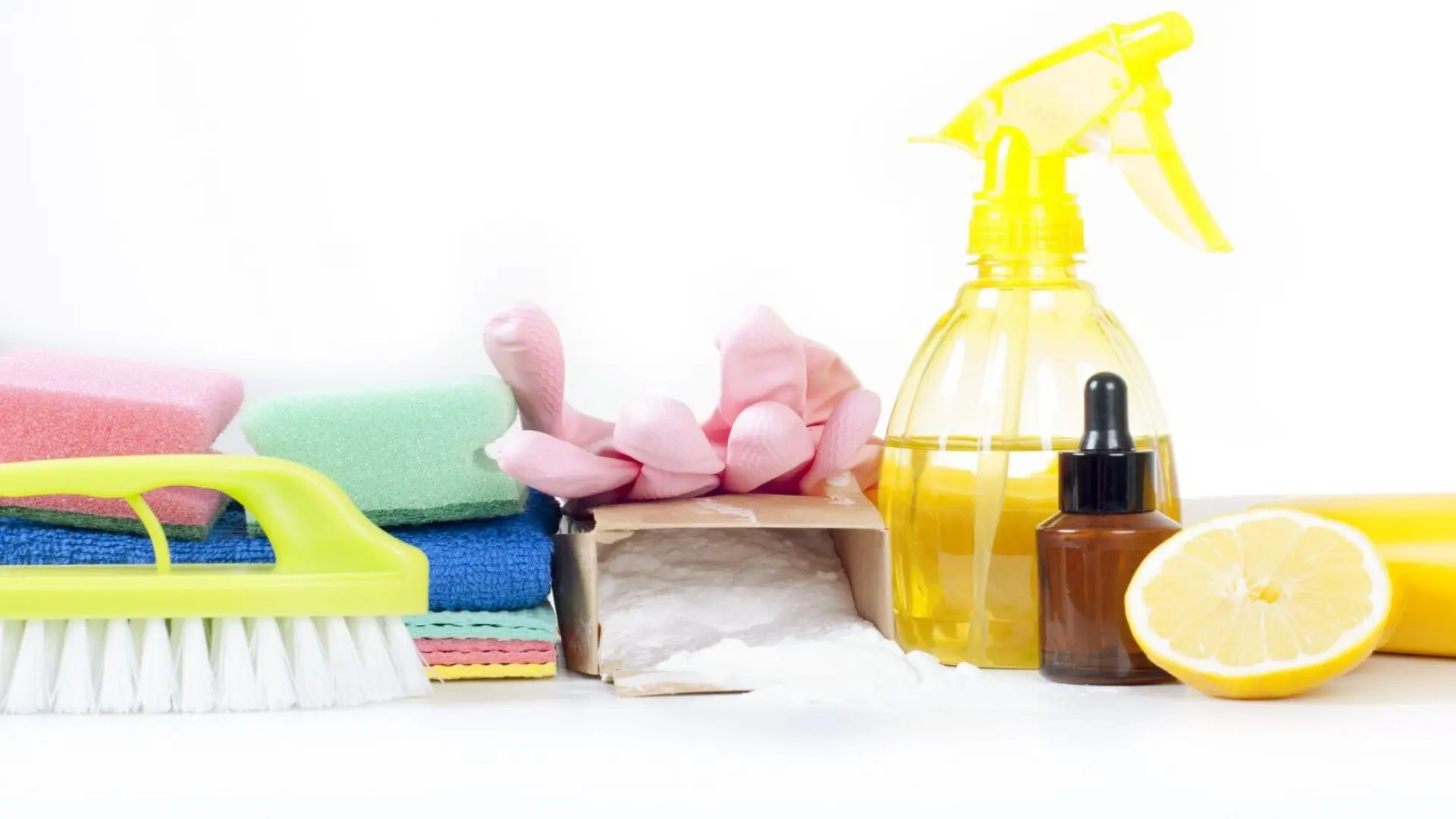
Research authenticates natural cleaners’ performance, yet gentler mechanisms are more sustainable in the long term. Biokinetic drain openers rely on microbes to safely metabolise buildups versus abrasively stripping away pipe protective coatings. Essentially, greener options deliver identical drain-unclogging qualities through lighter processes that respect user and systemic health protections established worldwide.
Monitored ecological impacts also favour bio-remediating over synthetic options. Releasing drain cleansers into municipal systems demands consideration of how ingredients impact downstream aquatic life. Proactively selecting plant—and mineral-based cleaners embrace stewardship through every plumbing protection action in the home.
Maintaining Clear Drains Naturally
Preventing Blockages
Pouring fats, oils and food waste down the drain is a major cause of blockages over time. These substances can congeal in drainage pipes and trap debris as it washes through. Instead of using your drains as a garbage disposal, collect these types of items in the trash where they won’t impact plumbing.
You can install inexpensive drain catchers that fit over sinks and traps to catch solids before they go down the pipe. Consider a garbage disposal unit if you don’t have one, as it can grind up small food scraps so they pass through the system rather than build up in your drains.
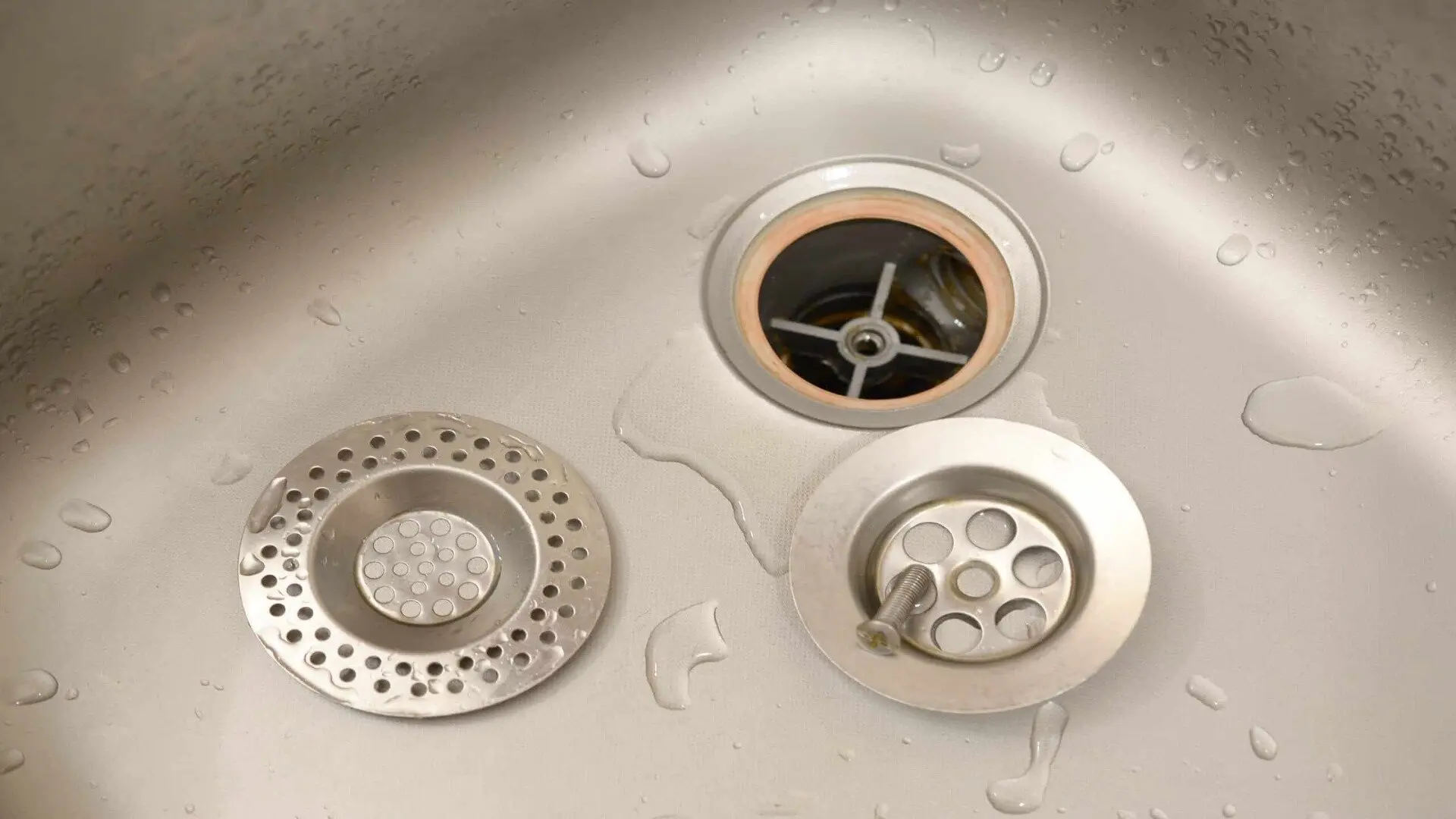
Routine Maintenance
Taking just a few minutes once a month to inspect your drain pipes is an essential preventative step. Look for early signs of slowing, such as draining water taking longer than usual. Catching minor blockages or buildups early, before they worsen, makes them much easier to clean using natural remedies. It’s simpler to address minor issues versus unclogging a major backup that requires special tools to remove entirely. Sticking to a maintenance schedule is critical for maximising drain performance over time.
Benefits of Prevention
They prevent fats, oils, and food scraps from entering the drainage system, which pairs well with routine inspections and occasional natural cleanings. This dual approach protects plumbing by limiting what can cause clogs while also catching minor issues before larger problems arise. With minimal effort, these sustainable practices help safeguard smooth-flowing drains long into the future.
Embracing Sustainable Drainage
Now you’ve got some practical, eco-friendly methods for keeping your drainage systems in top shape for the long haul. By using the preventive habits and occasional natural cleanings we mentioned, you’ll protect your pipes and reduce environmental impacts. Limiting what goes down the drain and addressing small issues early helps keep everything flowing smoothly.
If you need licensed plumbing professionals to inspect your drains, make recommendations to boost sustainability, or handle repairs, look no further than Woolf Plumbing. As Perth’s leading plumber, they understand both skilled work and environmental responsibility. You can feel assured that your drainage needs are in good hands, kept flowing freely through their knowledge and use of eco-conscious methods benefiting our community. Contact us today.


